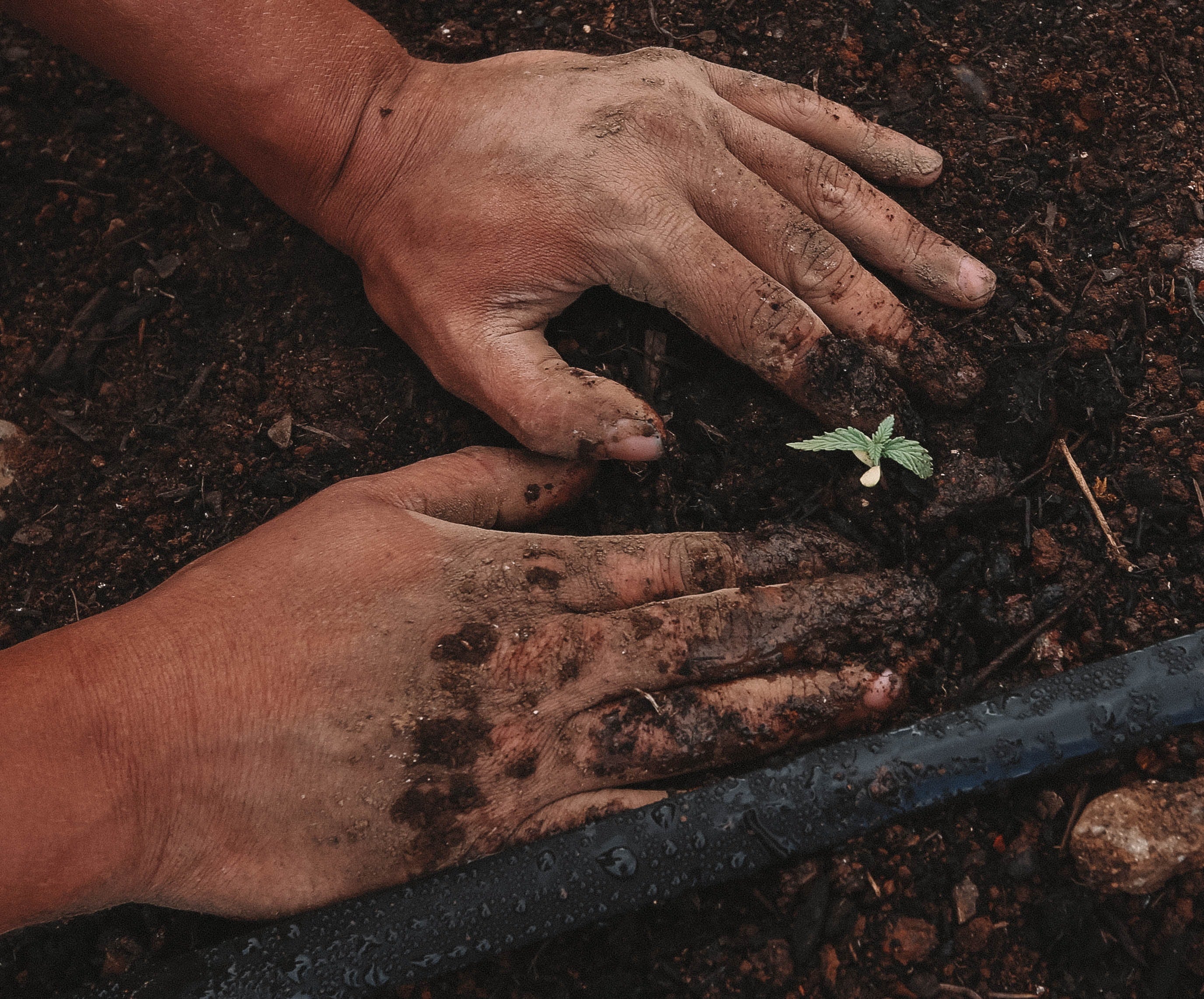

Bats, those mysterious creatures of the night, often evoke images of spooky caves and bloodsucking vampires, but this is usually a misunderstanding of our winged flying friends of the night. However, these nocturnal mammals play a crucial role in both pest control and natural pollination. In this article, we’ll dive into the fascinating world of bats, exploring their hidden talents and shedding light on their essential contributions to our ecosystems.
The Night Heroes: Pest Control Experts
1. Silent Hunters
Bats are stealthy hunters, silently swooping through the darkness to catch insects mid-flight. Their radar-like echolocation abilities allow them to pinpoint prey with astonishing accuracy, making them vital to natural pollination processes as they navigate from one place to another. From mosquitoes to moths, beetles to flies, bats devour vast quantities of insects each night. If you’ve ever enjoyed a mosquito-free evening on your porch, you might have bats to thank, as they contribute significantly to reducing insect populations.
2. Organic Pest Management
Unlike chemical pesticides, which harm beneficial insects along with pests, bats provide organic pest control. They specifically target insects harmful to crops and gardens, reducing the need for harmful chemicals. This method of natural pest management not only protects the environment but also promotes healthier ecosystems. Farmers and gardeners who encourage bat populations often see healthier plants and increased yields, thanks to the bats' role in natural pollination and pest control.
Pollination Partners: Bats as Natural Garden Helpers
1. Nectar-Seeking Flyers
Bats are not just insectivores; they’re also nectarivores. Certain bat species feed on nectar from flowers, acting as important pollinators. Their long tongues and specialized mouthparts allow them to access nectar deep within blossoms, which aids in natural pollination. As they move from flower to flower, they transfer pollen, facilitating plant reproduction and contributing to the health and diversity of our ecosystems with natural pollination.
2. Night-Blooming Beauties
Many plants rely on bats for pollination, especially those that bloom at night. Agave, saguaro cacti, and banana yucca are just a few examples. These night-blooming flowers often have pale colors and strong fragrances, attracting bats in search of nectar. Without these winged visitors, these plants would struggle to reproduce, highlighting the essential role of bats in natural pollination. This unique relationship between bats and night-blooming plants underscores the intricate connections within our ecosystems and the importance of protecting bat populations.

Bats: Unsung Heroes of Our Ecosystem and Natural Pollination
Few creatures are as misunderstood as bats. Often feared and loathed, these nocturnal flyers play a vital role in maintaining our environment and supporting our economy. Let’s set the record straight and explore why bats matter, the challenges they face, and how we can create a bat-friendly world, emphasizing their significant role in natural pollination.
The Importance of Bats and Natural Pollination and Fertilizer
Pest Control Experts
Bats are silent hunters, swooping through the night to catch insects mid-flight. Their echolocation abilities allow them to pinpoint prey with precision. Recent studies estimate that bats save over $1 billion per year in crop damage and pesticide costs in the U.S. corn industry alone by consuming pests . They eat mosquitoes, moths, beetles, and flies, keeping insect populations in check. This natural pest control is vital for maintaining the balance of our ecosystems and reducing the need for chemical pesticides.
Natural Pollination Partners
Some bat species feed on nectar, acting as critical natural pollinators for plants like peaches, cloves, bananas, and agaves. Bats are the sole pollinators for agave plants, a key ingredient in tequila production. Their role in natural pollination ensures plant reproduction and diverse ecosystems. By transferring pollen between flowers, bats contribute to the genetic diversity and resilience of plant species, which is essential for healthy ecosystems and natural pollination.
Seed Dispersers
Fruit-eating bats disperse seeds, contributing to early growth in rainforests. They can account for up to 95% of seed dispersal in recently cleared areas . This natural process aids in forest regeneration and the spread of various plant species, promoting biodiversity and ecosystem stability.
Threats to Bats
Habitat Loss and Disruption
Human activity leads to habitat loss, affecting bats that hibernate in caves. Disturbances during hibernation weaken their survival chances. Protecting natural habitats and minimizing human disruptions are crucial for the conservation of bat populations and the continuation of their role in natural pollination.
White-Nose Syndrome
This fungal disease has claimed the lives of more than 5 million bats since its discovery in 2006. It spreads rapidly across North America, devastating entire bat colonies. Humans inadvertently carry the fungus on shoes, clothing, or equipment, facilitating its transmission . Addressing this disease is vital to preserving bat populations and their essential functions in natural pollination and pest control.

Conservation Efforts: Safeguarding Bats and Promoting Natural Pollination
Research and Awareness
Biologists conduct meticulous bat surveys, counting individual bats without disruption to their natural habitats on how bats aid in natural pollination. These surveys are crucial for gathering data on bat populations and understanding their behaviors, which in turn aids in conservation efforts. By focusing on protecting bats, researchers are also exploring treatments for white-nose syndrome—a devastating fungal disease that affects hibernating bats. Additionally, raising awareness about bats' vulnerability and their essential role in natural pollination is key to garnering public support for their conservation.
Harnessing Bat Power: Enhancing Gardens with Natural Pollination
Transform your garden with bat-friendly habitats! Seed Armory offers a variety of bat houses in different sizes, designed to attract these beneficial creatures to your outdoor space. These ready-made shelters provide a win-win solution:
1. Pest Control
Bats will naturally help control insect populations, reducing the need for chemical pesticides. Their nightly hunting sessions can significantly decrease the number of pests in your garden, contributing to a healthier, more balanced ecosystem.
2. Natural Fertilizer
Along side natural pollination, bat guano, or bat droppings, is an excellent natural fertilizer. Rich in nutrients, it helps enrich the soil, promoting healthier plant growth. Incorporating bat guano into your gardening routine can improve soil quality and boost plant vitality.
3. Natural Pollination
Encouraging bats to visit your garden not only helps with pest control and soil enrichment but also aids in natural pollination. Bats can transfer pollen between flowers as they forage for nectar, supporting plant reproduction and biodiversity.
Glyphosate's Impact on Pollinators and Non-Toxic Alternatives
In recent years, the widespread use of glyphosate-based herbicides, such as Roundup, has raised concerns about its environmental and health implications. Glyphosate is a non-selective herbicide, which means it not only targets weeds but can also damage other plants and disrupt ecosystems. This poses a significant risk to essential pollinators like bees, monarch butterflies, and other beneficial insects that contribute to natural pollination.
The chemical has been linked to various health issues, including cancer, in multiple studies. For example, the potential health effects of glyphosate are thoroughly explored in a guide from Drugwatch here. Beyond human health, glyphosate impacts ecosystems, threatening biodiversity and disrupting the natural pollination process that sustains many plants.
To protect these vital pollinators and reduce reliance on harmful chemicals, many people are exploring non-toxic alternatives. These alternatives are not only safer for plants but also for the wildlife that depends on them, including pollinators. Drugwatch has created a resource that highlights these non-toxic alternatives to glyphosate, offering a more eco-friendly approach to managing unwanted weeds while preserving the delicate balance of our ecosystems.
By implementing these non-toxic solutions, we can help maintain healthier gardens and support the conservation of our natural pollination. Convinced? Invest in your garden's natural pollination with Seed Armory's Bat Houses and Habitats below!
Next time you spot a bat darting through the night sky, remember that it’s not just a spooky Halloween symbol. It’s a pest control expert and a natural pollination partner, silently working to maintain the delicate balance of our natural world. So, embrace the secret life of bats, and perhaps consider putting up a bat house—it’s a small gesture that can make a big difference!






